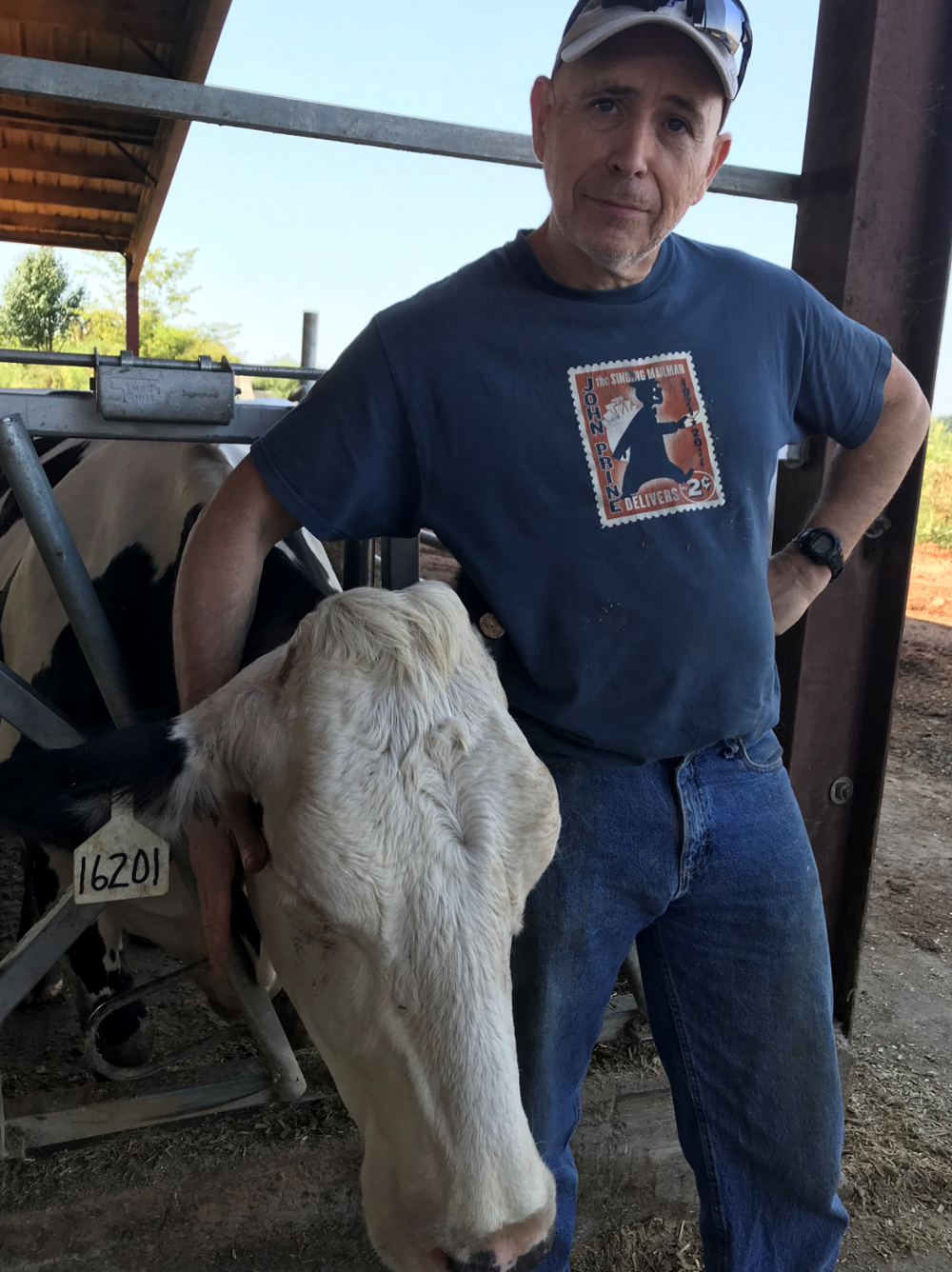COSAM Alumnus Makes an Incredible Impact as a Transplant Surgeon
College of Sciences and Mathematics (COSAM) alumnus and abdominal transplant surgeon, Dr. Marty Sellers, has never known a “typical” day in his career.
Whether on-call for transplant or procurement surgeries, or working in the clinic and making rounds, Dr. Sellers has rarely been able to predict what a day at Emory University School of Medicine will hold.
The former COSAM student graduated from the pre-medical program at Auburn in 1984, and continued his education at the University of Alabama School of Medicine. Since then, he has worked with a multitude of patients, conducting a range of tasks such as evaluating those being considered for liver, kidney, and pancreas transplants, performing transplants, taking care of patients after transplants, and performing procurements – the removal of organs from deceased donors. On top of that, Dr. Sellers is very involved on the organ donation side of the transplant world, he said.
Throughout his career, Dr. Sellers has seen a variety of cases and a variety of outcomes, but the relationships he has formed with colleagues and patients along the way all add to what makes his job so rewarding.
“Taking someone who was dealt a bad hand by Mother Nature and then having a front row seat to watch Mother Nature be manipulated into helping overcome that bad hand and give someone a normal life is hard to beat,” Dr. Sellers said.
There are quite a few stories Dr. Sellers can share from his years as a surgeon, but his most unique story is about a man referred to him while at Piedmont Hospital in Atlanta. The patient had been turned down for a liver transplant from a different center because of the number of cancerous liver tumors he had, but Dr. Sellers and his colleagues added him to the waiting list, and in February 2007, took an “out-of-the-box” approach to conduct his transplant, he said.
“At the time, at least, it was probably the most difficult one [transplant] I had done, but he made it through and recovered back to a normal state of health. He was 52 at the time of his transplant and had not gone to college. Post-transplant, he took advantage of the Georgia Hope Scholarship and got his college degree,” Dr. Sellers said.
Dr. Sellers recalls the patient preparing accommodations for his family because he did not think he was going to survive, then ending up with all this life left to live. He’s still going strong today.
Nearly 90 percent of patients receiving a transplant are alive a year afterward, and over half are still alive 10 years later, and the majority that aren’t have died from non-liver related causes, Dr. Sellers said.
“We usually win, especially given the fact that most of those getting a liver transplant today have very little chance of living more than a year or so without one. What I remember more than any of those that do well are the minority that either don’t do well after a transplant, or worse, die before they get one. Anytime someone dies on the waiting list, I look at it as a societal failure,” Dr. Sellers said.
There are difficult cases for Dr. Sellers – no doubt about it – but in the end, an awe-inspiring community surrounds him, and he is performing the work he loves.
“I often say, ‘if it ain’t fun, I don’t do it,’” he said.
Dr. Sellers’ enjoyment of his profession all started at Auburn. Originally a pre-veterinary major, he developed an intense interest in physiology while in school and switched majors.
To this day, Dr. Sellers still applies what he learned at Auburn more than three decades ago to his work as a surgeon.
“Auburn University just in general exposed my colleagues and me to opportunities many of us never even knew existed. For me at least, the path that led to where I am today really all started here,” Dr. Sellers said.
Latest Headlines
-
04/17/2024
-
04/12/2024
-
04/02/2024
-
04/02/2024
-
04/02/2024

